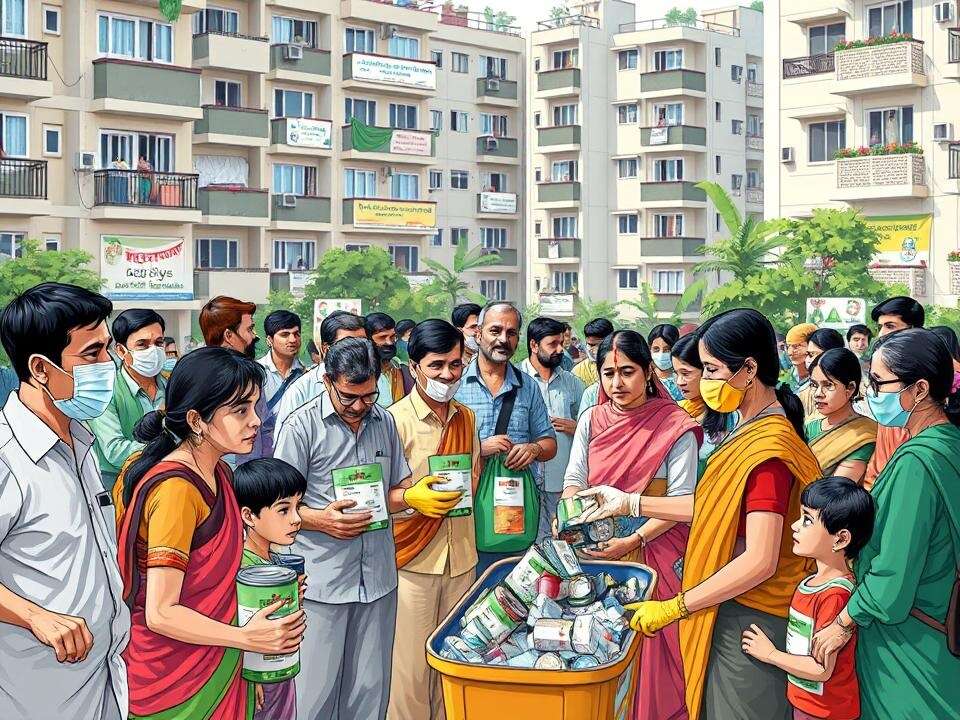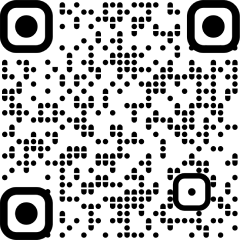
MUMBAI: Two months since the BMC started a dedicated drive to collect domestic hazardous waste, nearly 2,000 housing societies, women’s hostels, beauty parlours, and educational institutions registered for the initiative.
Currently, an average of 1.7 tonnes of such waste is collected daily and transported to six plasma incineration facilities within BMC’s jurisdiction for safe and scientific disposal. This includes adult diapers, sanitary pads, pet waste, discarded medicines, and used waxing sheets, PPE kits, and facial masks.
Mumbai generates an estimated 80 to 100 tonnes of domestic hazardous waste each day. While only a fraction is collected separately so far, civic officials believe it is an important beginning. Additional municipal commissioner Dr Ashwini Joshi said, “The response to the initiative has been good so far and at every ward level regular IEC activities to inform, educate, and communicate (IEC) about it are being carried out. In addition to it, we are also looking at a revamp of our dry waste centres so that waste of every category can be tackled.”
Improper disposal of this category of waste often hampers composting of wet waste and contaminates dry waste streams, said an official. The 1,919 registrations under this consist of 1,140 housing societies, 677 beauty parlours, 75 educational institutions, and 27 women’s hostels—reaching approximately 4.5 lakh citizens, shows civic data.
To facilitate the process, BMC introduced a QR code-based self-registration system. Registered entities are provided with yellow bags for safe and hygienic disposal. Daily pickup services have also been initiated to ensure efficient collection. Dr Lata Ghanshamnani, co-founder of the NGO Rnisarg Foundation, which is working with the BMC on IEC activities for the initiative, said that the plasma plants of the civic body have a capacity of 40 metric tonnes per day, which can very well be put to full use if adequate domestic waste is sent to it. Currently, the daily waste at these six plasma plants is 20 tonnes, which is only 50% of its capacity.
An analysis done by the BMC shows that to reach the target of collecting 20 tonnes of domestic hazardous waste daily, about 80% participation is needed from key sources. This includes around 4 lakh households, which could contribute 20 tonnes (currently, 1 lakh households contribute 5 tonnes), and about 5,000 beauty parlours, which could add another 10 tonnes (as opposed to the current 1,000 parlours contributing 2 tonnes).
“Through the IEC outreach, we have initially focused on beauty parlours, housing societies, and education complexes and have found that the waste received from beauty parlours was comparatively more, and they are also more likely to segregate such domestic hazardous waste and keep,” said Dr Lata.











